What's Your Nature?
Become a Nature Up North explorer to share your encounters with wild things and wild places in New York's North Country. Post your wildlife sightings, landscape shots, photos from your outings, and even your organization's events!
The Multipurpose Nettle
One of my favorite plants is either highly versatile, or very confused. On the one hand, professional herbivores like rabbits and deer refuse to even touch it, but many people, myself included, will gladly eat it every day it is available. While contacting it is painful, it has been proven to relieve certain chronic pain. It is steeped in over a thousand years of folklore, at one point imbued with the power to cleanse away sin, yet medical science recognizes it as a legitimate remedy for many disorders. Some gardeners consider it a bothersome weed, but others actually cultivate it.
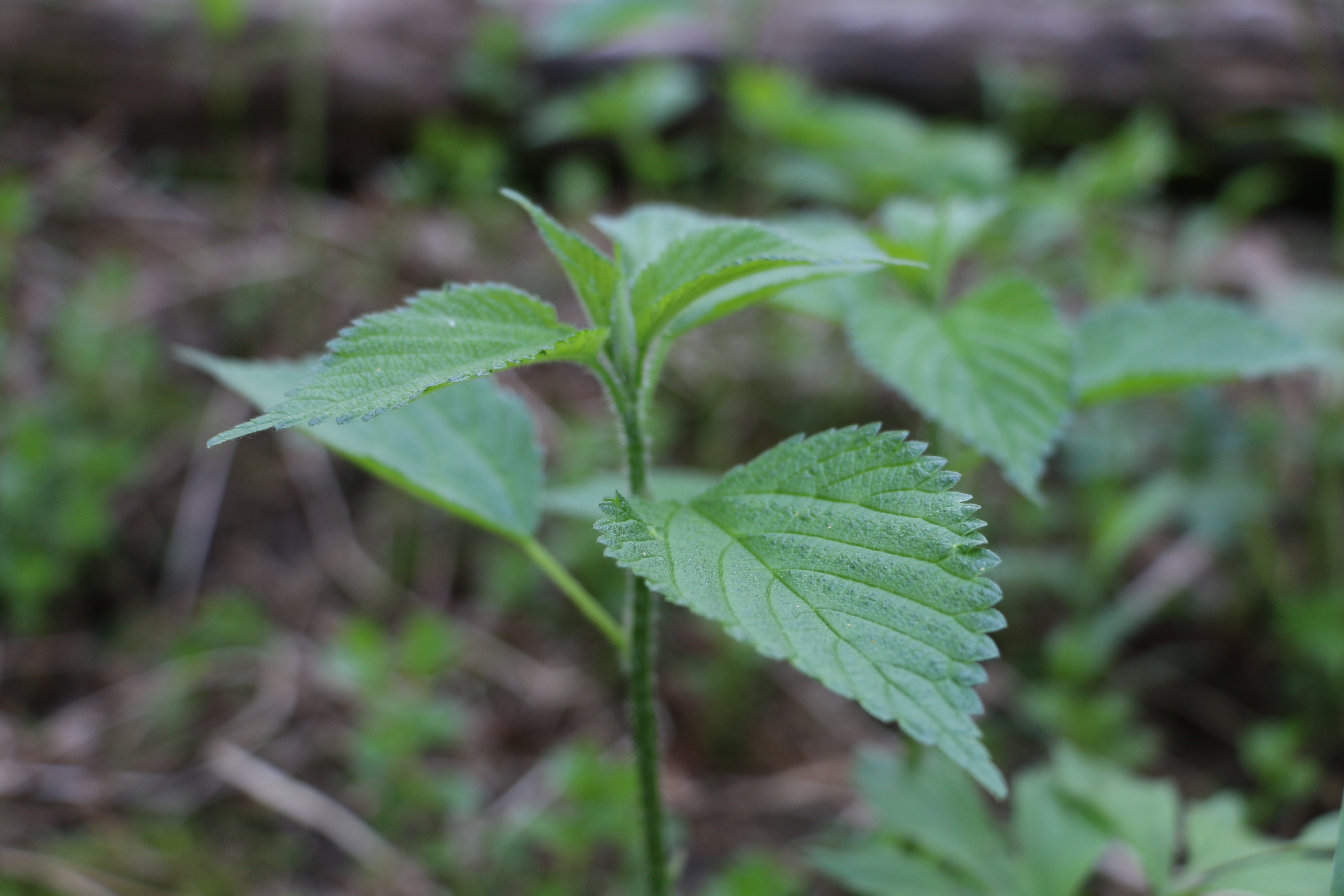
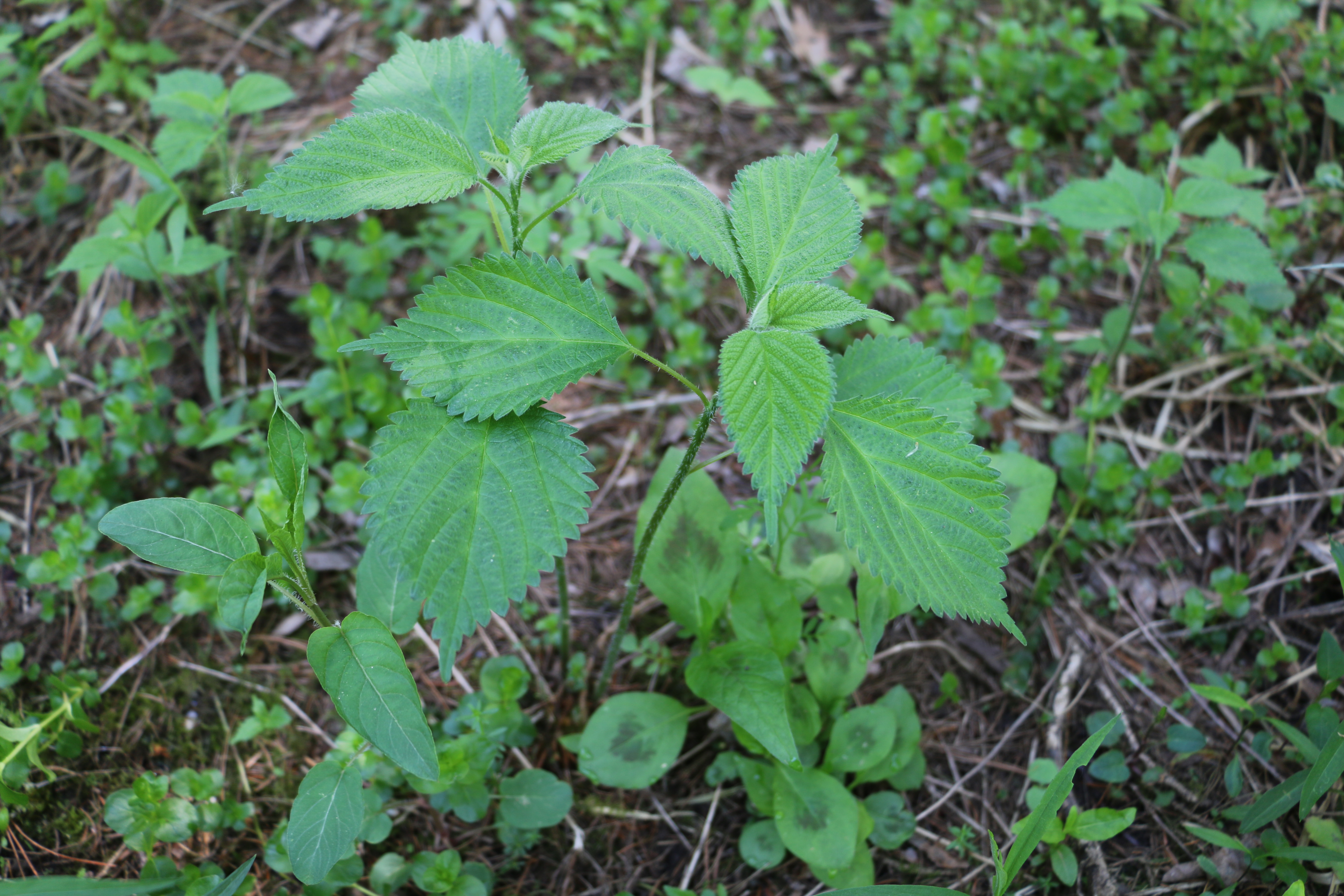
North Country Voices: John Ashley
John Ashley is a SCUBA instructor and the owner of Bluefin Diving, a SCUBA diving shop in Ogdensburg. A North Country native, he has been diving in the St. Lawrence River for over 20 years, including winter dives beneath the ice. We caught up with him to learn more about the life of a diver and scuba instructor in our northern climate.
Nature Up North: How did you get into SCUBA diving?

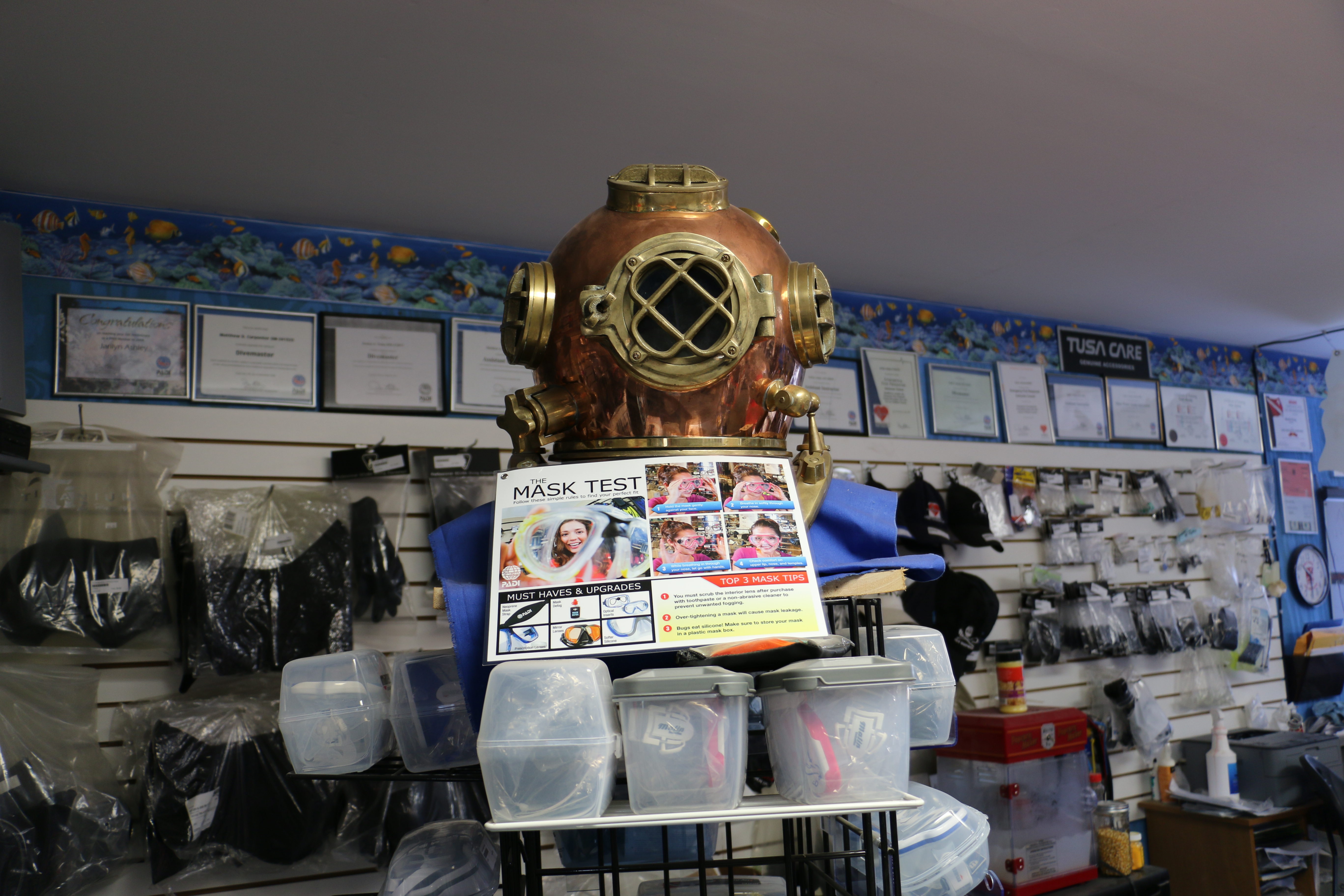
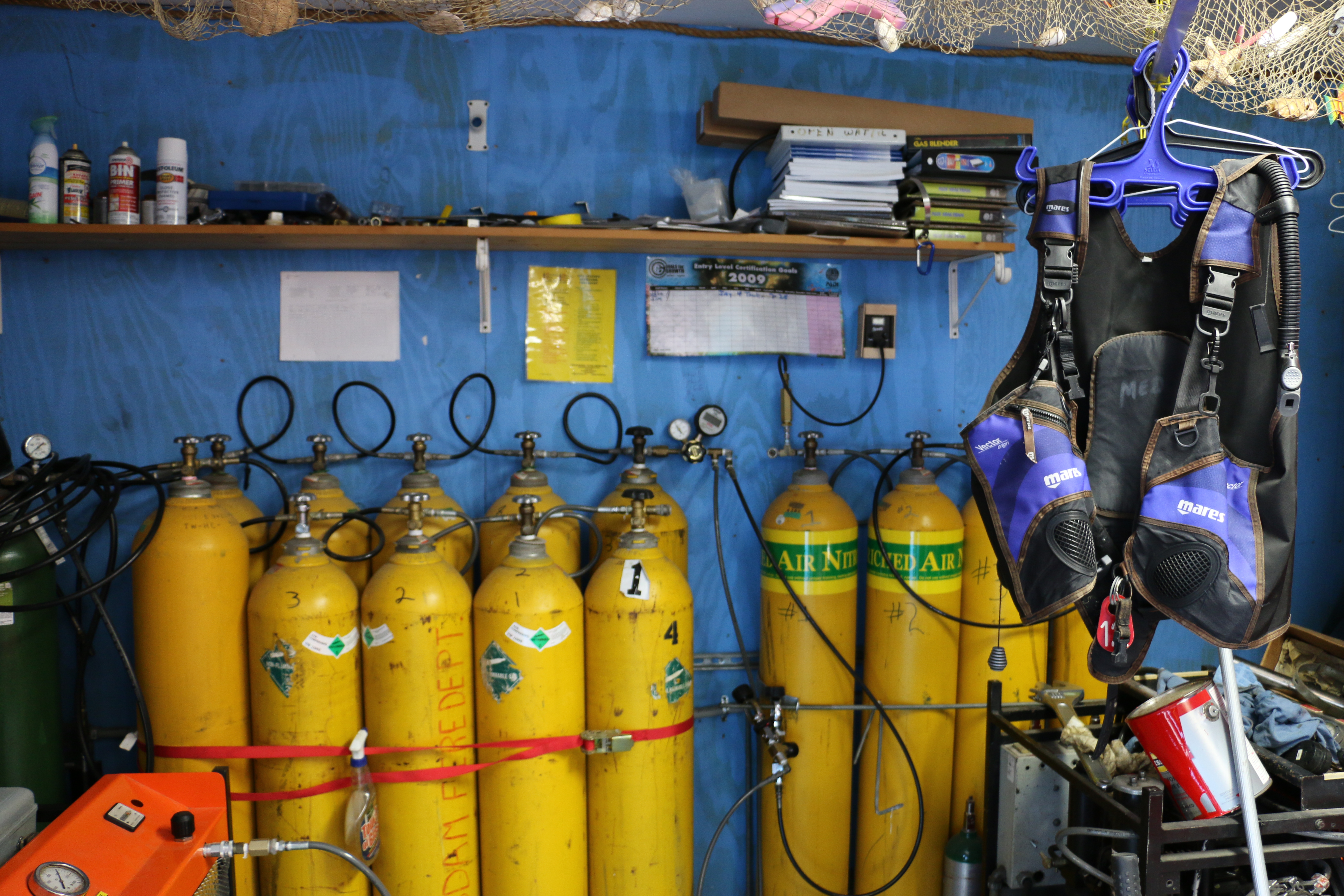


Juneberry: An Early Bloomer
Another regional attraction has just opened, and for the next few weeks you can see the show at innumerable open-air venues across the Northeast. The performance is free, although only matinees are available.
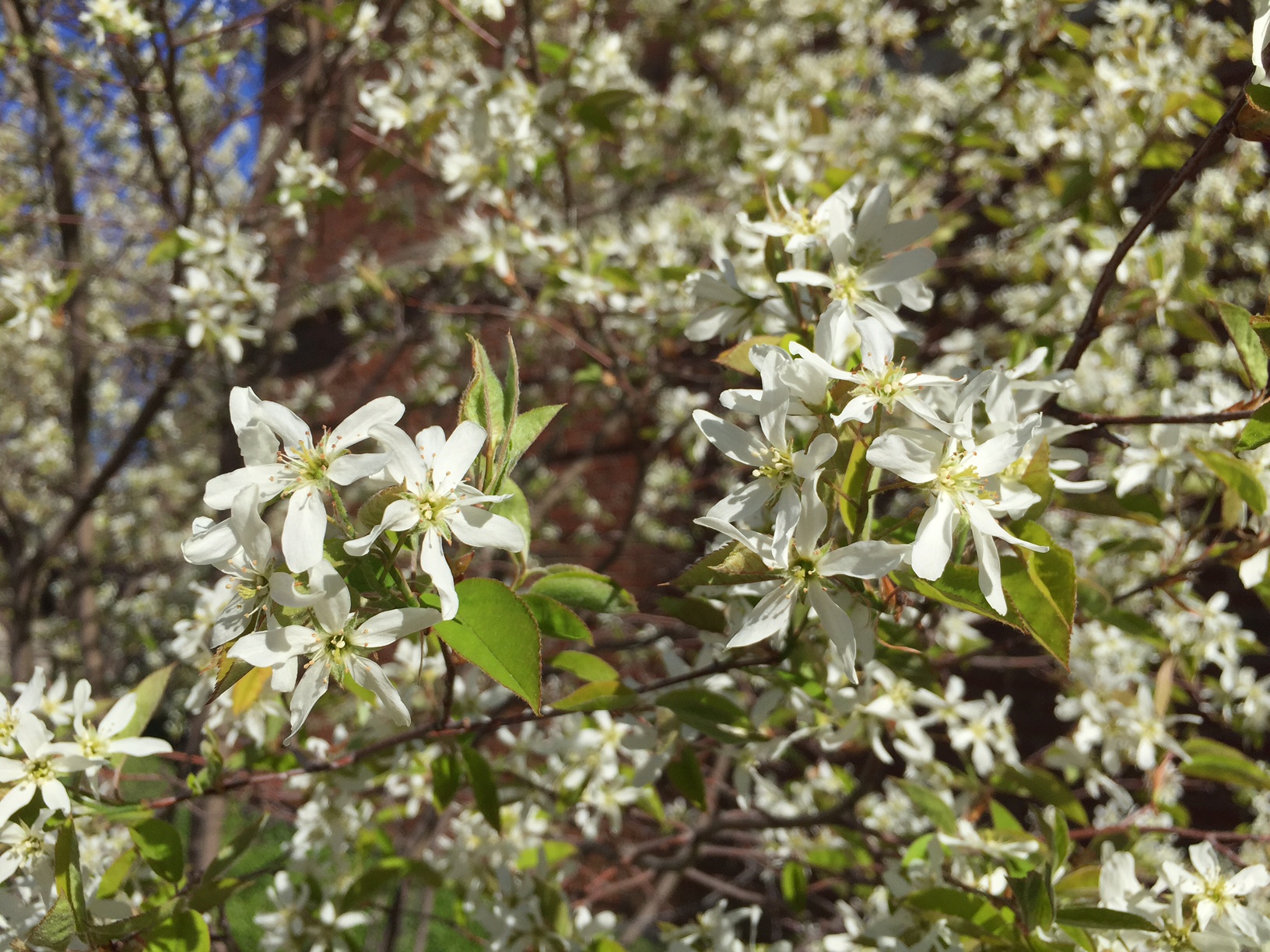
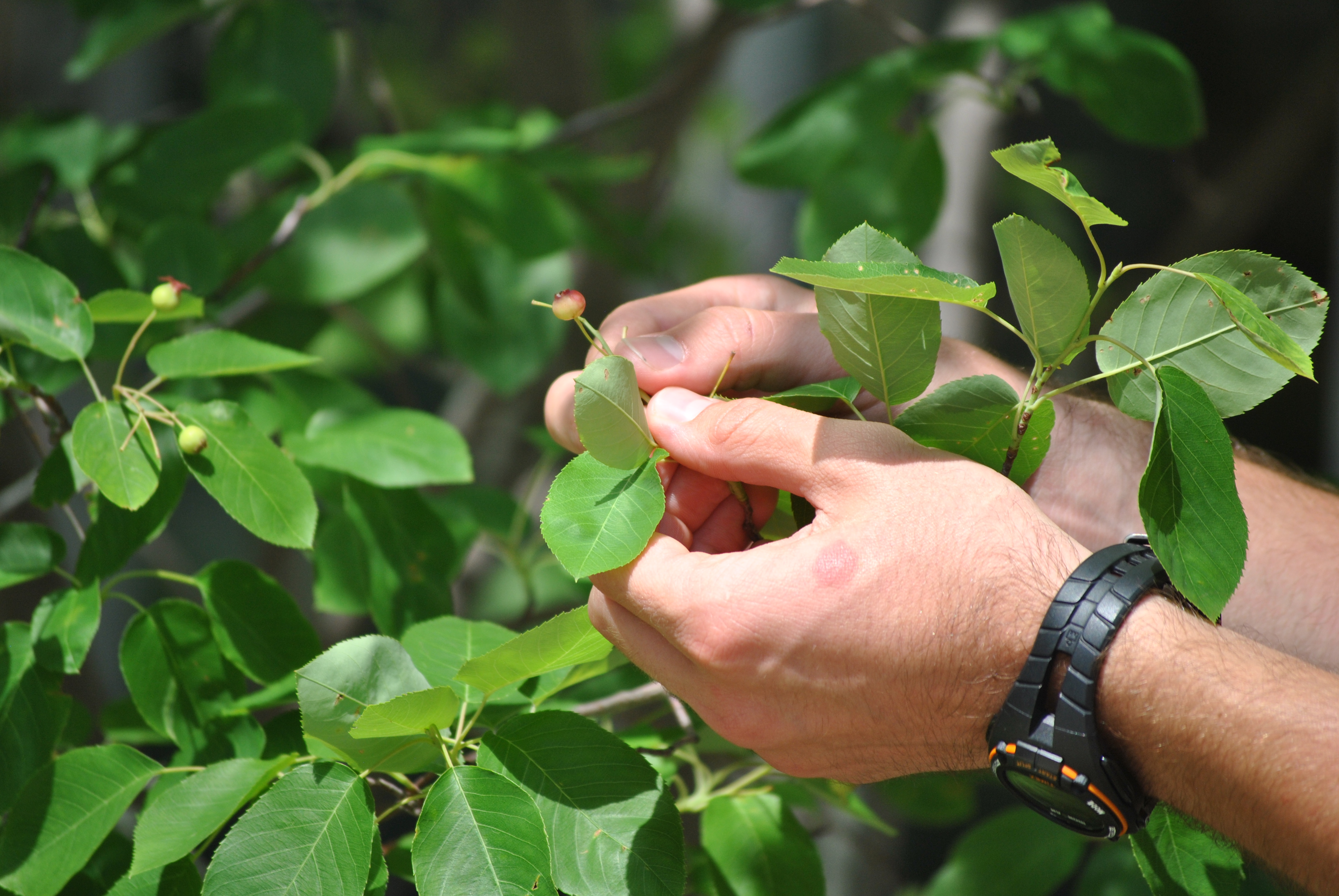
Exploring the North Country, Even on Crutches
Until recently, my idea of outdoor adventure was something intense – climbing an Adirondack High Peak, embarking on a multi-day canoe trip, or flying down a steep ski slope. That was until I tore my ACL, an injury requiring surgery, crutches, and a minimum recovery time of six months. While I was initially disappointed, I was heartened to find that St. Lawrence County has an abundance of flat and handicap accessible recreation areas.




Planning a Pollinator-Friendly Garden
Bees are key pollinators for a variety of plant species that we rely on for food, medicine, livelihood, and aesthetics. They are obligate pollinators, so their diet of nectar and pollen makes their role in pollination a de facto part of their life. Farmers, gardeners, and all nature lovers alike, should aim to foster a diversity of pollinators in their farms or gardens.
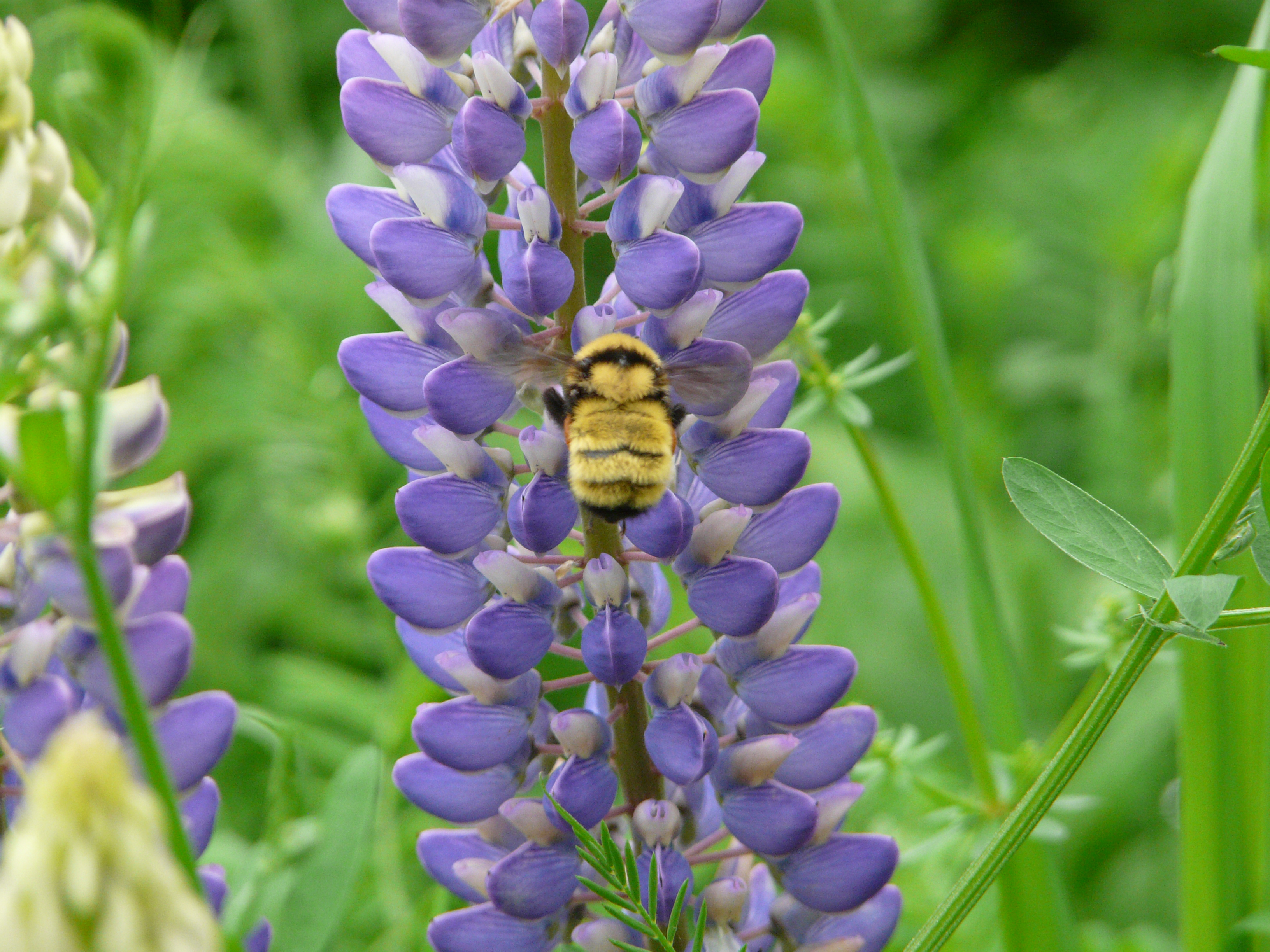
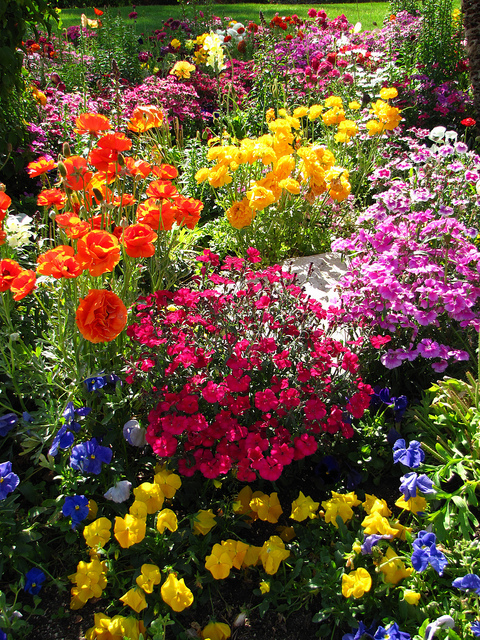
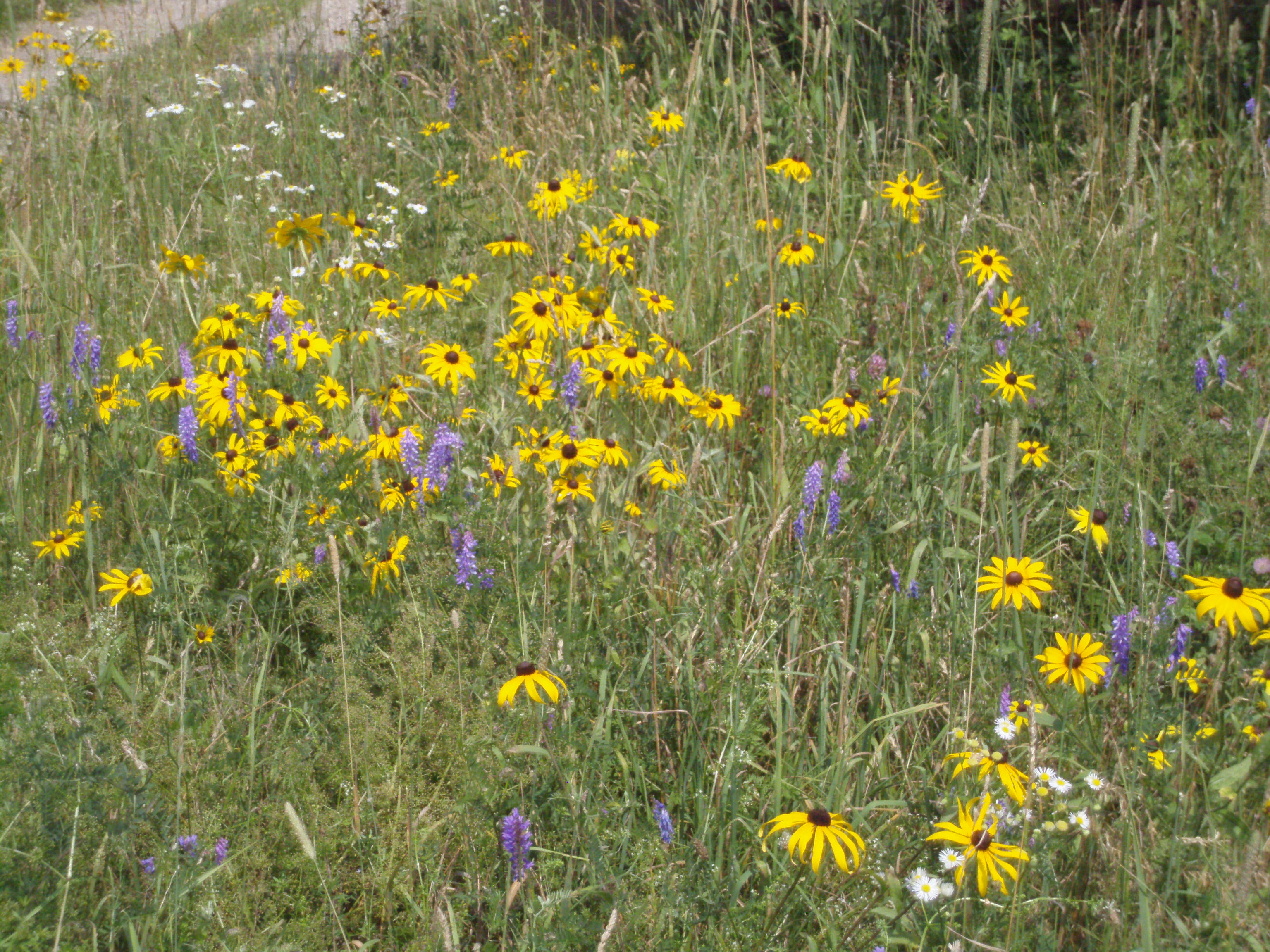
Encounter Earth Challenge Winners
Despite a rainy Earth Day, folks from all around the North Country braved April showers to get outdoors and take photos for our first annual Encounter Earth challenge. In total we received 33 submissions from St. Lawrence, Jefferson, Franklin, Essex, and Warren counties. Then, from Friday-Sunday, natureupnorth.org users had the chance to vote on their favorite Earth Day Encounters. These three came out on top:
First Place: The Great Blue Heron, Janine Wright
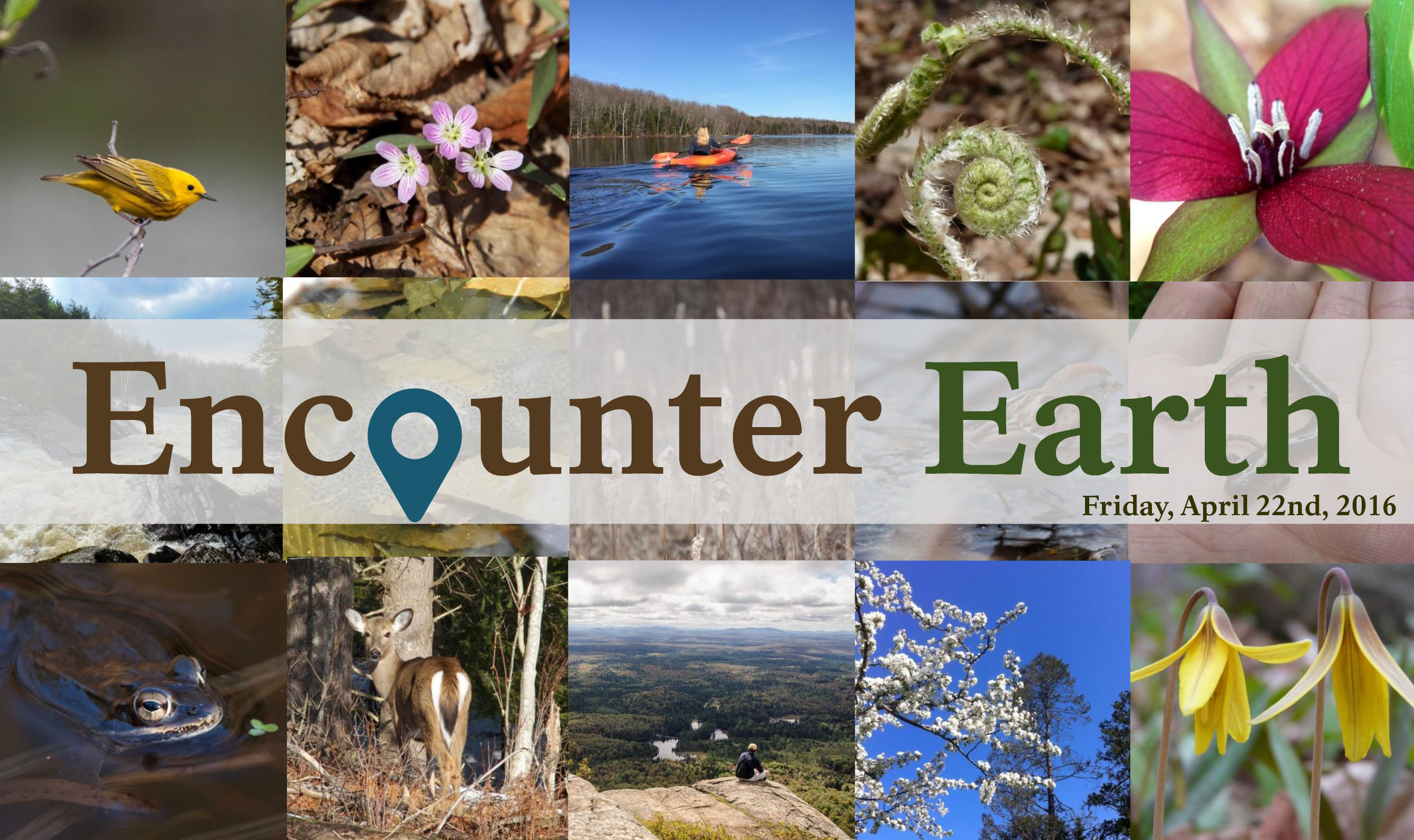
Earth Day 7K Recap
Breezy spring weather greeted the 62 runners and walkers who attended the first annual Nature Up North – St. Lawrence Land Trust Earth Day 7K on Saturday, April 23rd in Canton. The 7 kilometer (4.4mi) course connected the Kip and Saddlemire Trails on the St. Lawrence University campus, passing through scenic forests, fields, and wetlands along the Little River. Racers met mostly dry trail conditions, with a few puddle-hopping sections thrown in for good measure.
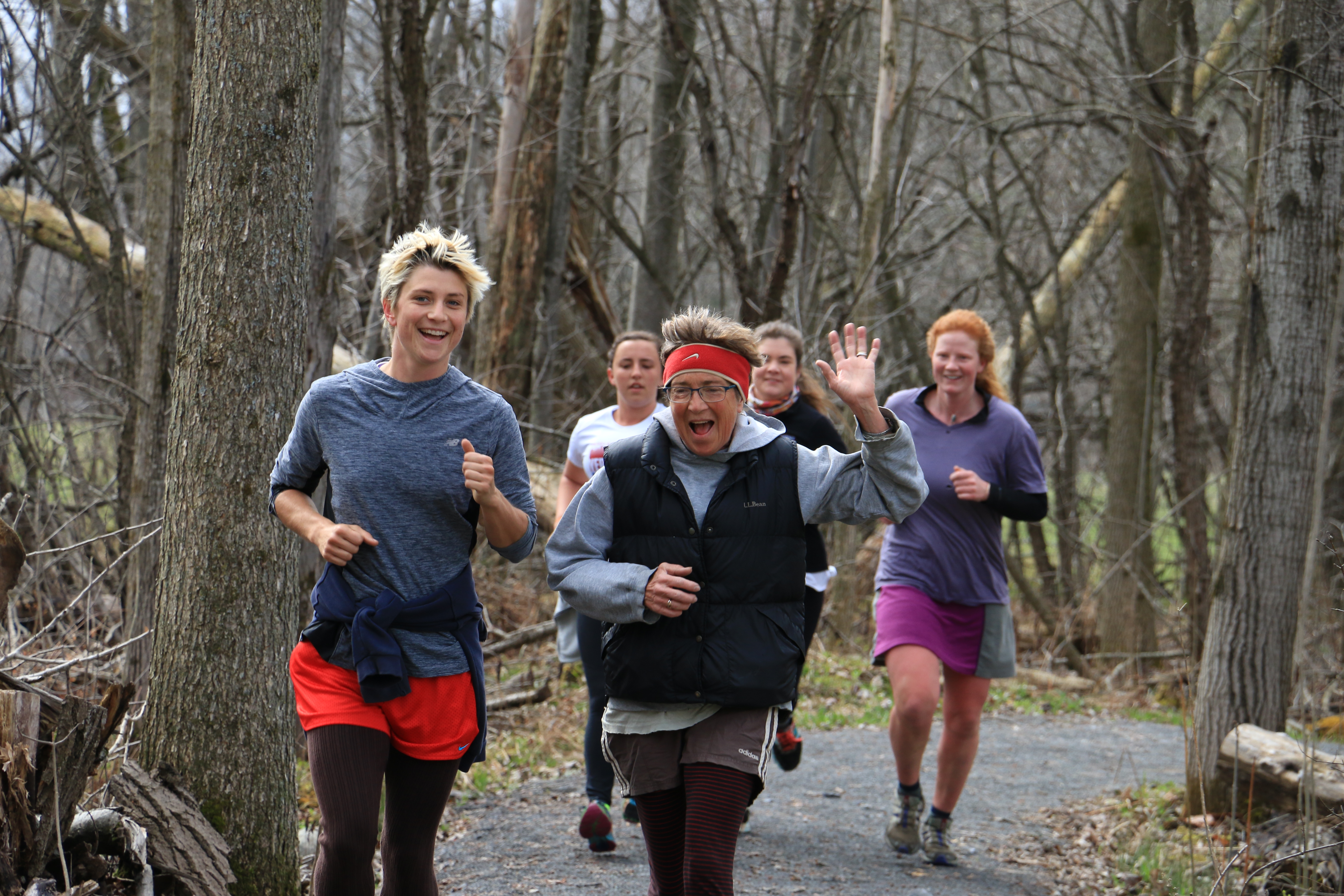
Coltsfoot: Eye Candy and Cough Syrup
I haven’t checked with an optometrist, but I may have a winter-related vision problem. When five or six months of winter-white finally give way to a mostly brown world each early spring, my eyeballs hurt—they ache for something bright in the landscape. That’s probably why I plant a few additional crocus bulbs in the yard every fall, and why I search wooded areas for early-blooming native wildflowers like bloodroot and Carolina spring beauty.
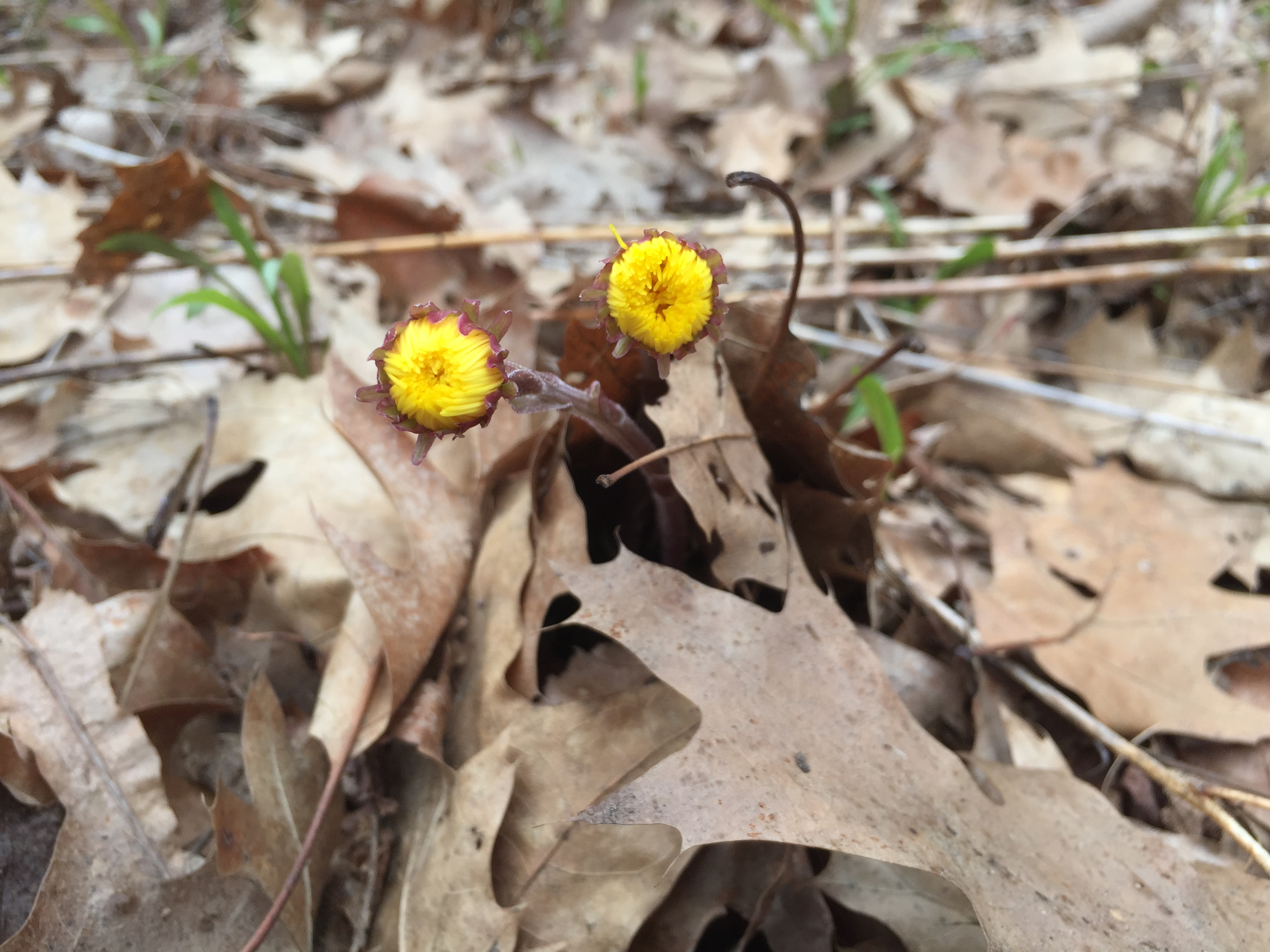
What Causes Maple Decline?
As the 2016 maple sugaring comes to a close, many Northern New York maple producers are calling it a good year. The sap ran early – some local producers report boiling their first batch in late January – and kicked up again in March and early April, leading to solid yields across the region. But even as we celebrate a successful maple season, recent research calls into question the vitality of sugar maple trees in the North Country.
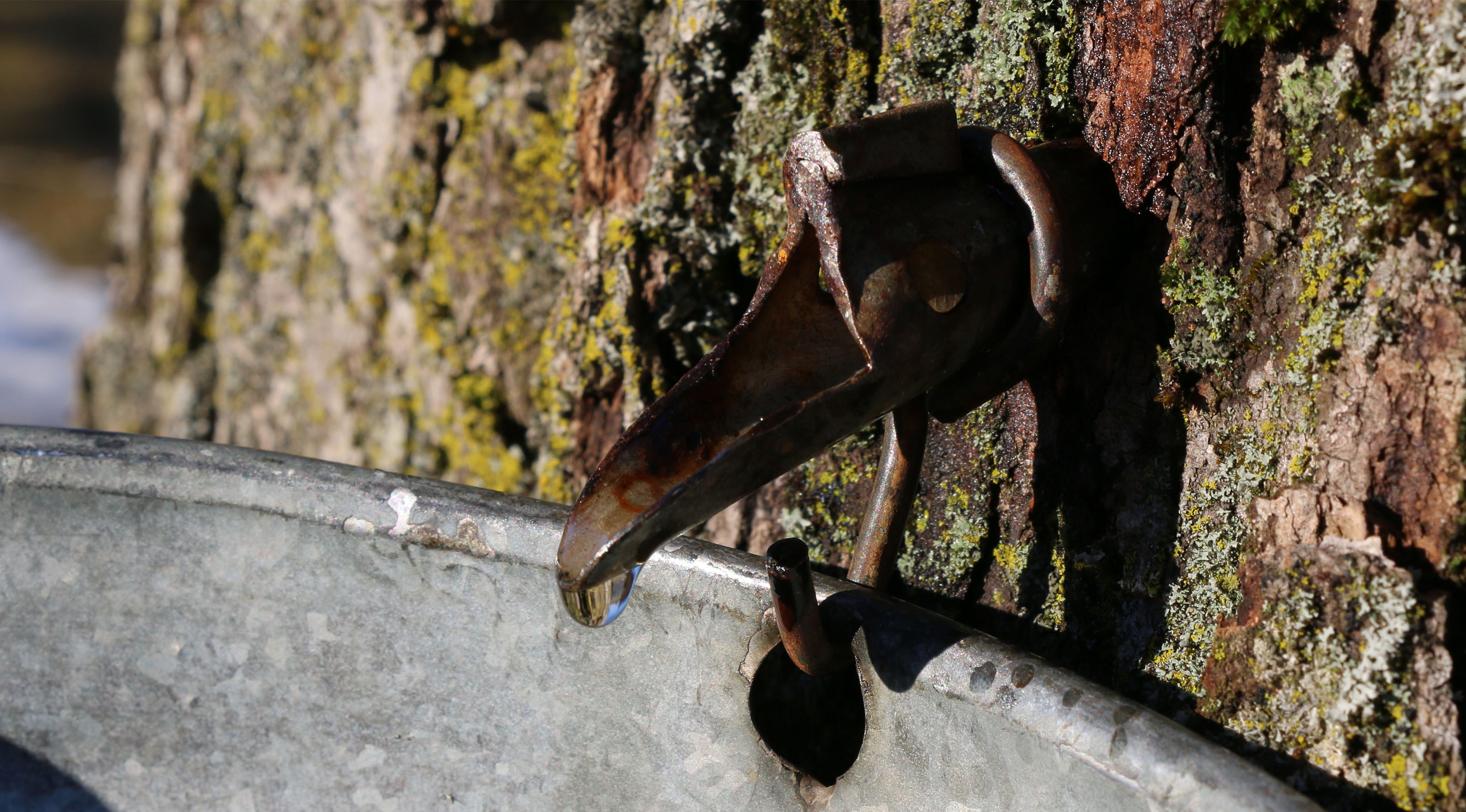
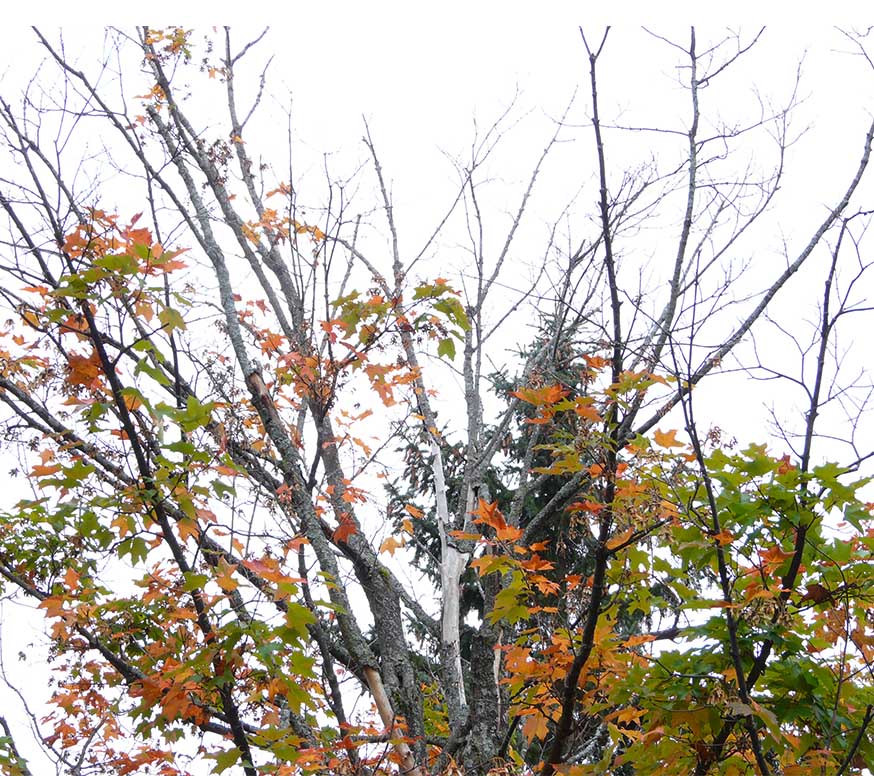
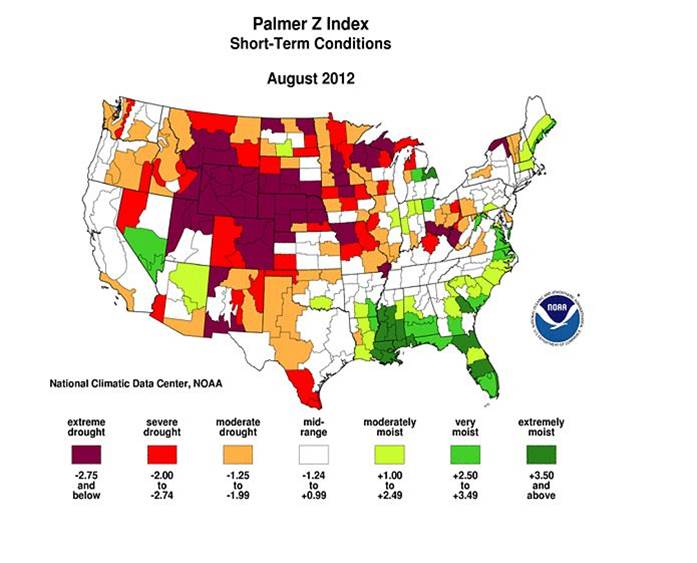
Citizen Science in the North Country
On a snowy morning in April, students in Suzanne Creurer's seventh grade Technology class at Canton Central School took a field trip into the woods. Their destination was the maple tree grove, and their purpose was citizen science (citizen science relies on the general public to collect data about the natural world for scientific research).

